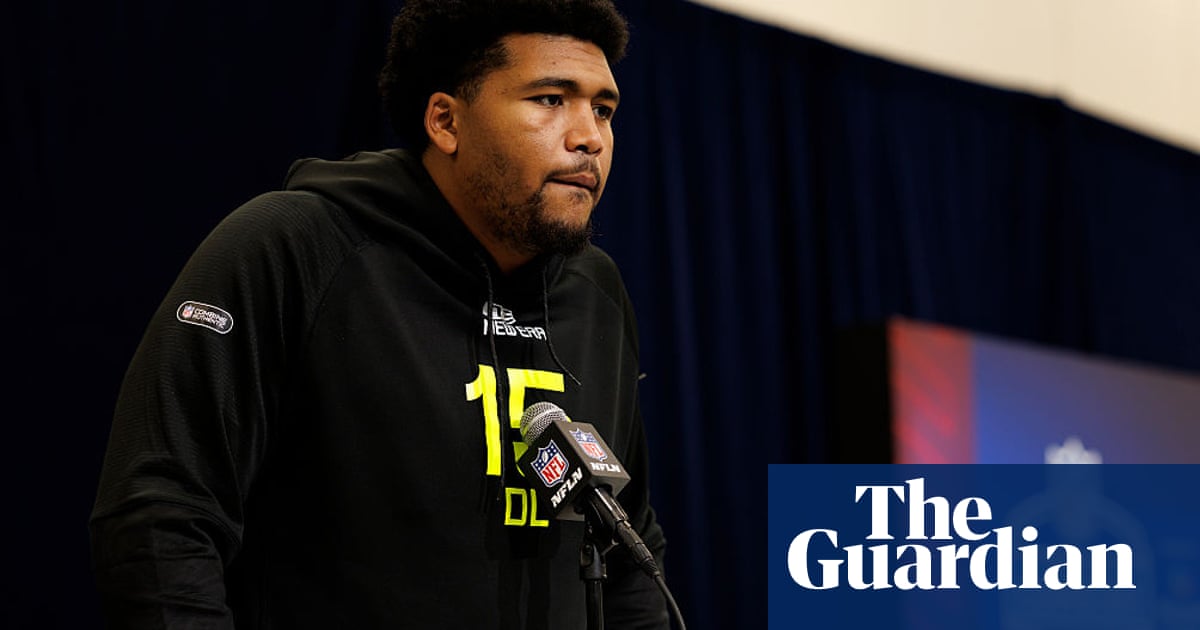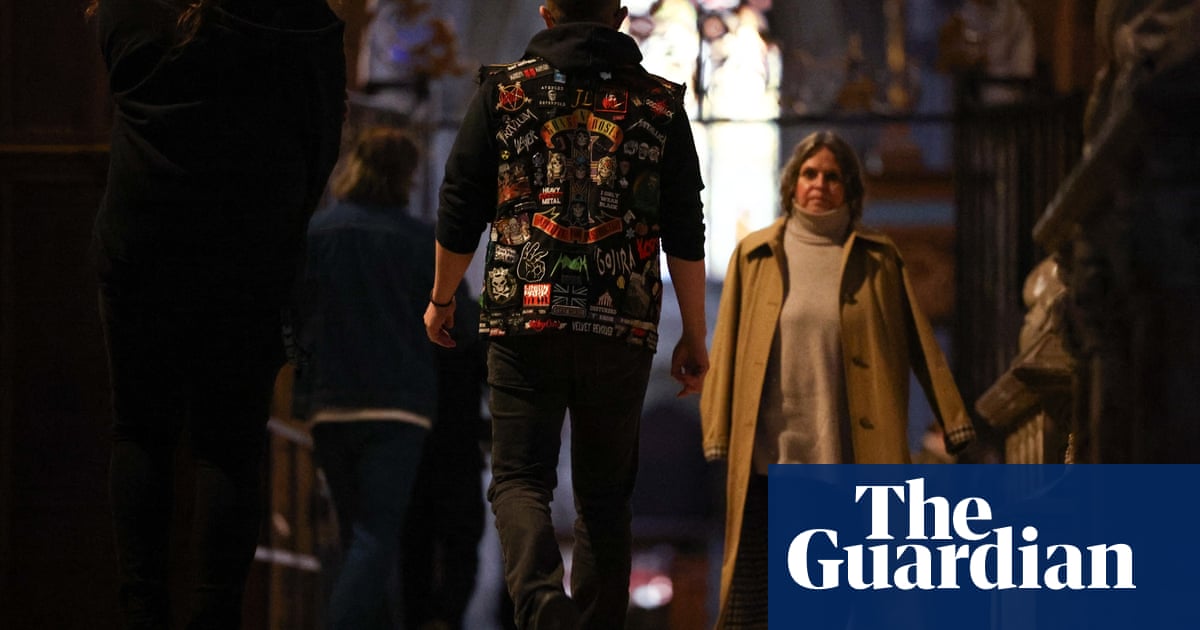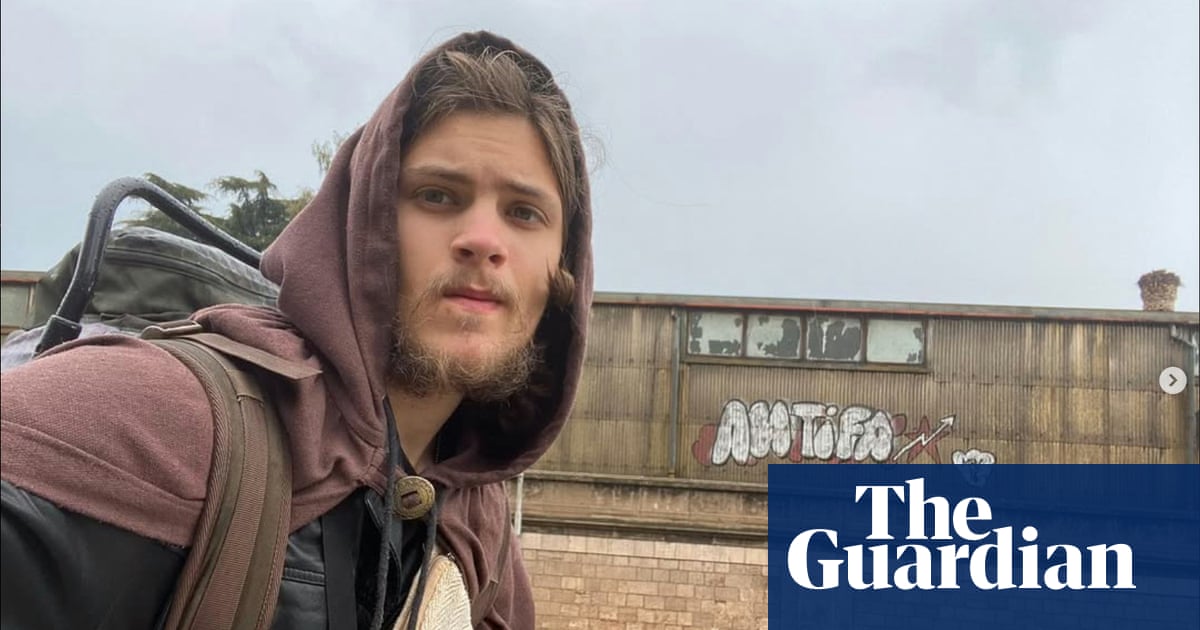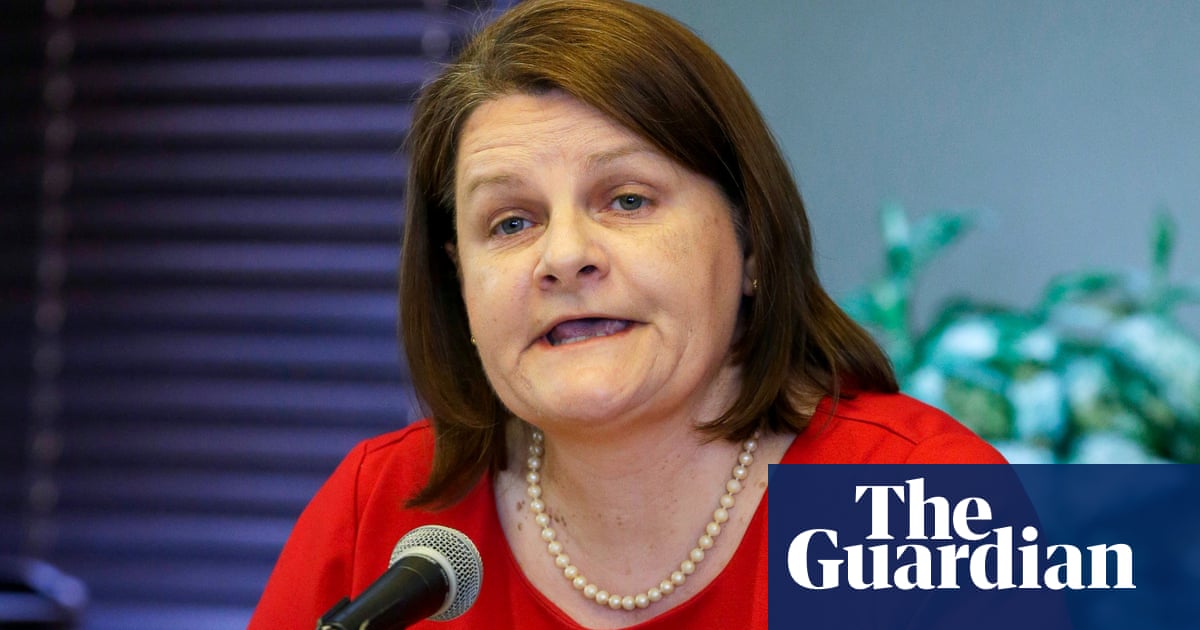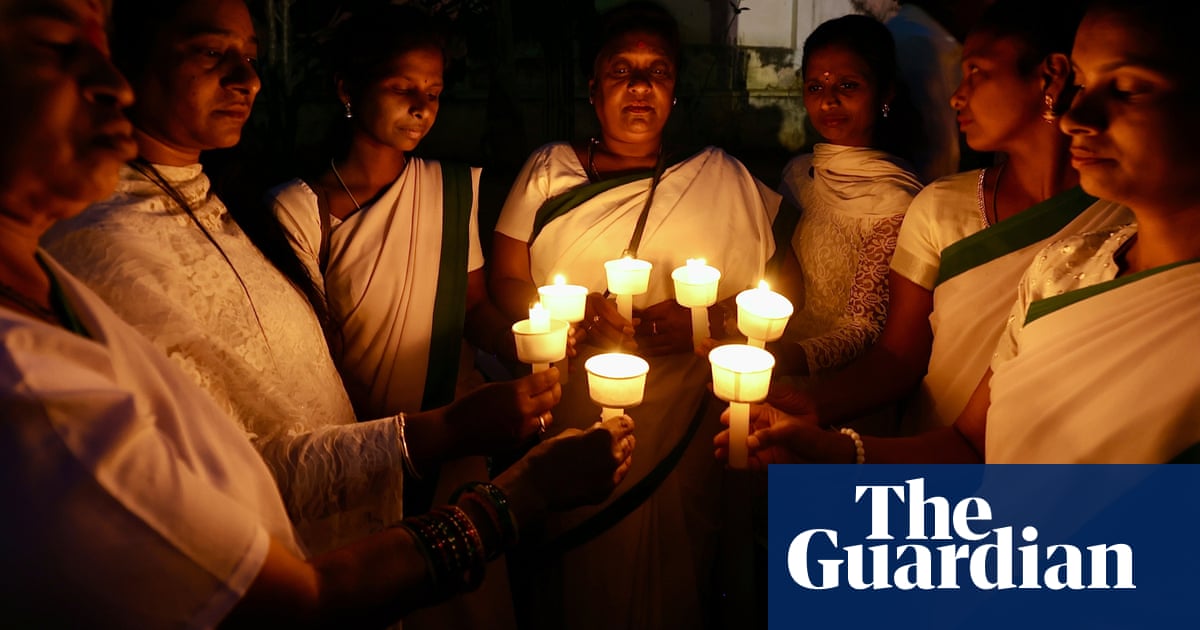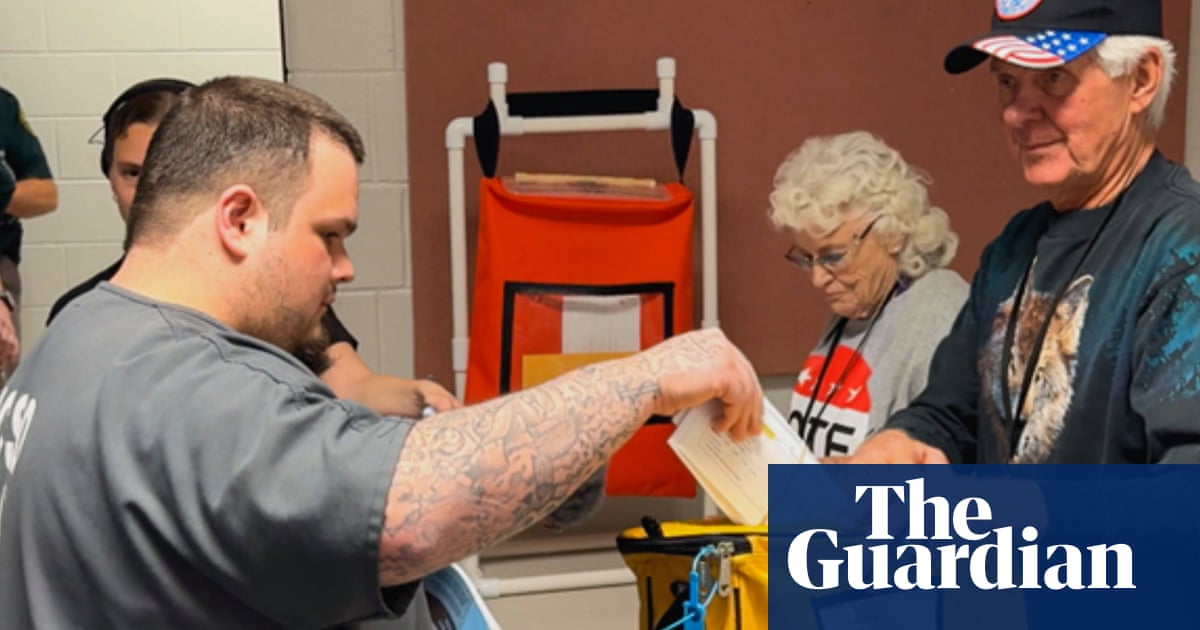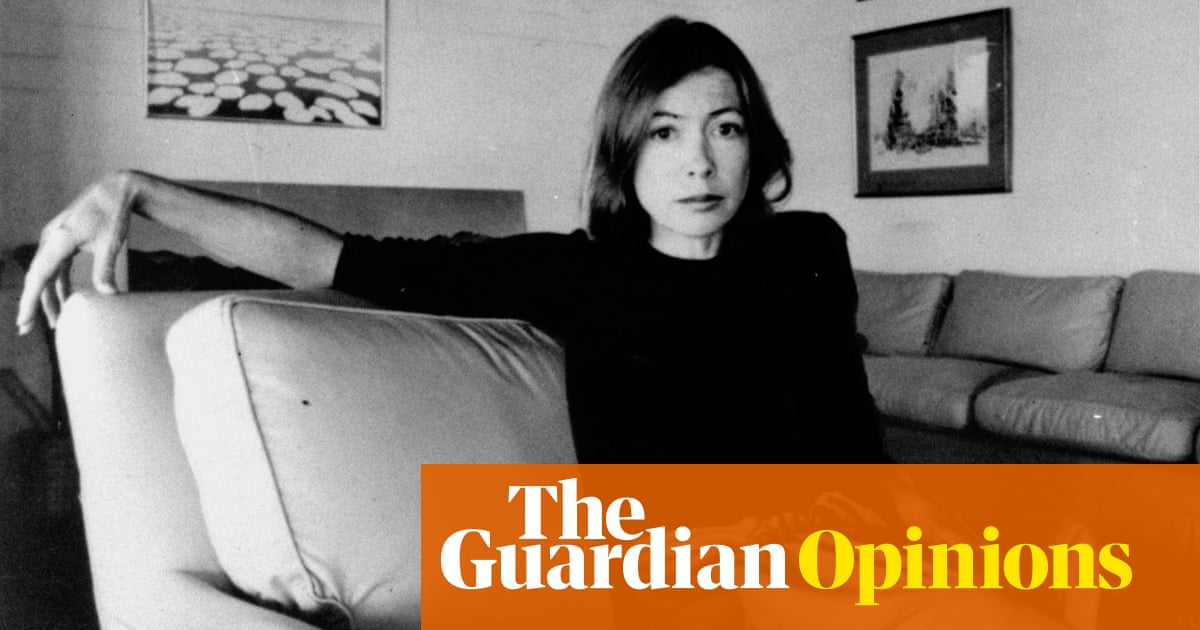‘I think the French are best in bed, because they’re the most perverted,” the great American author Edmund White divulges on a videocall from his book-crammed apartment in Chelsea, New York. In France, he says: “All kinds of vices are allowed and encouraged. Although I’ve had wonderful sex with English people,” he adds, kindly.
Is there any sex act at which he would draw the line? “Um, no,” says the 85-year-old, barely pausing to consider the question.
White is certainly an authority on the subject of sex. For a full 20 years, he reckons, he “tricked” with three different men each week. In fact, he has had so much action that this pivotal figure in gay literature – who has written more than 30 books and whose 80s trilogy of semi-autobiographical novels starting with A Boy’s Own Story is a key plank of the queer canon – has now devoted an entire memoir to his sexual exploits. It’s called The Loves of My Life. Why not The Shags of My Life? “Somewhere in the book I say that, like Jean Genet, I never experienced sex in a pure state,” he says. “I always had some affection for the person, or felt some love.”
There was certainly plenty of love to feel. In New York during the 70s, the author writes: “I thought it was quite normal to take a break from writing at two in the morning, saunter down to the piers, and have sex with 20 men in a truck. When I wrote that I’d had sex over the years with 3,000 men, one of my contemporaries asked pityingly: ‘Why so few?’”
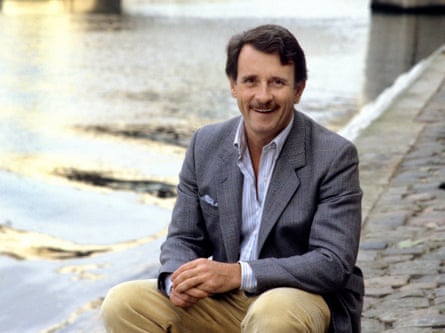
The Loves of My Life tears down taboos on virtually every page and is frequently hilarious. “When I started the book I thought, this will never be published,” White says. “But I got a wonderful review in Harper’s magazine by a man who identified himself as heterosexual but said: ‘This book made me wish I were gay.’ That seems very funny to me. In the 70s, straight critics would greet my work with the words: ‘I, comma, a heterosexual …’”
Over the course of his long life, White has seen homosexuality go from a terrible secret whose disclosure could ruin lives, through gay liberation, Aids, apps such as Grindr and the sexual fluidity of gen Z. The Loves of My Life details White’s sex life, from his youth as a recklessly horny gay teenager in the repressive 50s to his current relationship with Rory, a younger man with whom he interacts mainly on Skype. “He keeps annoying me, wanting to have sex, but I don’t really want to do it,” White says, adding that age has now extinguished his libido. “Most people my age who want to remain sexually active take male hormones, but I can’t because I have a heart problem.”
How did you meet Rory, I ask. “He was my student,” says White, who has been a professor of creative writing at Princeton University since 1998. But surely it’s an abuse of power to have sex with people you’re meant to be supervising? “Well, in all my years of teaching in maybe 10 different universities, I never had sex with a student while he was a student,” he replies.
Was there anything White didn’t put in the book because it was too shocking? “So many of my novels have been about sex or contained lots of lurid passages,” he says. “I didn’t want to repeat anecdotes from previous memoirs” – this is his fifth (the previous one, The Unpunished Vice, was about his life as a voracious reader) – “so I came up with new ones.”
Characters include Keith McDermott, the gorgeous star of the stage play Equus, who lies in bed beside him but doesn’t put out (“I was content to have that constant access to his beauty and company”); the alarming gerontophile Pedro, who beats him up in drunken rages; and the bearded “satyr” he meets in a 70s bathhouse who “impaled me as if he were a warrior-priest and I an unstoppable vampire” – their furious congress in the bushes on Fire Island leaves White with poison ivy welts all over his body.
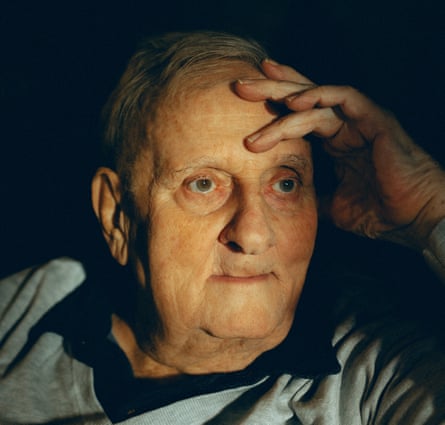
Others in the book’s teeming cast include a meth-addicted Mormon hustler he takes to the Edinburgh books festival (“he enjoyed it thoroughly”); a heterosexual hippy who flees midway through the act; a Scottish sadist who sports a cock ring under his sporran; two women he gets engaged to in his 20s and whom he hopes might turn him straight; and stoned friends with benefits “feasting on hard cock” in 70s New York. There is a furtive encounter in a Spanish bullring during the Franco era (where he gets robbed at knifepoint by a man who knows that White can never report him to the fascist authorities without disclosing his then-illegal sexual behaviour), and alfresco frolics on Hampstead Heath during trips to London, where, he says: “I must have felt or been felt by hundreds of men.”
Michael Carroll, his husband and partner of almost 30 years, gets a passing mention or two, but White says he is loth to write about him in case he loses this precious relationship. Like Vladimir Nabokov, he says: “I’ve always thought that writing about someone is the kiss-off.” Sex during marriage isn’t something White’s otherwise comprehensive book covers, either. “Michael has a full-time lover who lives with us,” the author says. “We’re very, very close, but not sexually.”
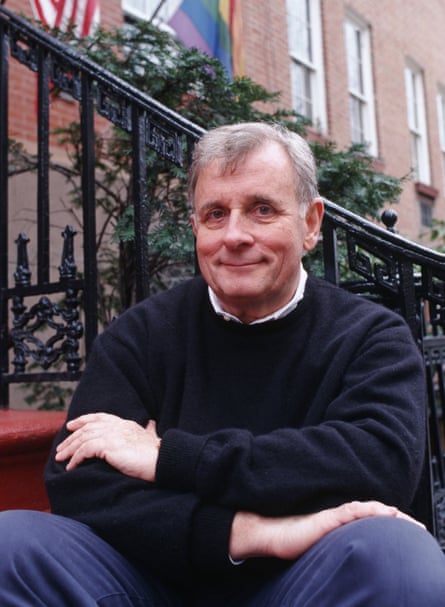
While the book has plenty on sex as hedonism, there’s not much on sex as an expression of tenderness or intimacy. “Well, I hate cuddling,” White says. “I would rather die than cuddle with somebody. I just find it cloying and annoying, somebody who strokes your hair when you want to be left alone. I was fortunate that when I wrote The Joy of Gay Sex” – a pioneering sex manual published in 1977 – “I collaborated with Dr Charles Silverstein because I think if I wrote it alone it would have been called The Tragedy of Gay Sex. He brought in the warm, cuddly part.”
White adds that his interest in sex with someone tended to wane after the initial excitement, an exception being Aaron, the Mormon hustler. “I probably had more sex with him than anybody, even though I had to pay for it.”
White is unashamed about paying for sex, and has done so since his teens. The first sex workers he hired were Kentucky “hillbillies” who charged $10 a time. In his 30s, by which time he was a writer, he would order a sex worker to come over to his place at 3am. “That would keep me at my desk until then. You’d call up the madam and say: ‘I want a six foot two blond,’ and he’d say: ‘Hold on, doll’, arrange it all and then the most exciting moment would be hearing the footsteps on the staircase.”
In the 80s, he would holiday in a Cretan village where “everyone was available for a price, even the mayor”. What does he say to the accusation that paying for sex is exploitative? “Well, who’s exploiting who, I wonder?” White says. “I always felt the best gay bars in New York were the hustler bars, because while everyone was giving each other the cold shoulder in normal gay bars, in the hustler bars everyone was jabbering away because they were either buying or selling. It was partly mercantile, but it was also a ‘we’re all in this together’ kind of feeling.”
White’s sexual obsession started when he was growing up in a well-to-do family in Chicago. “I would be horny all the time,” he says. “I would look up the word ‘homosexual’ in the dictionary and get very excited just by seeing it.” Queer representation was almost nonexistent: the first book he read that had any kind of gay theme was Thomas Mann’s Death in Venice, about an ailing writer’s obsession with an adolescent boy, “which isn’t very positive, but it is about desire. I read also Plato quite young, which was eye-opening about love between members of the same sex.”
He lost his virginity at 13 and the most alarming passages in The Loves of My Life are the ones in which White remembers encounters with much older men. He also describes seducing schoolmates, such as the “underwashed” youth of whom he writes: “I’d been telling him that gays gave better blowjobs than girls and, with scientific curiosity, he pulled out a musty boner. When we’d finished, he said with ruthless objectivity: ‘That wasn’t that much better.’”
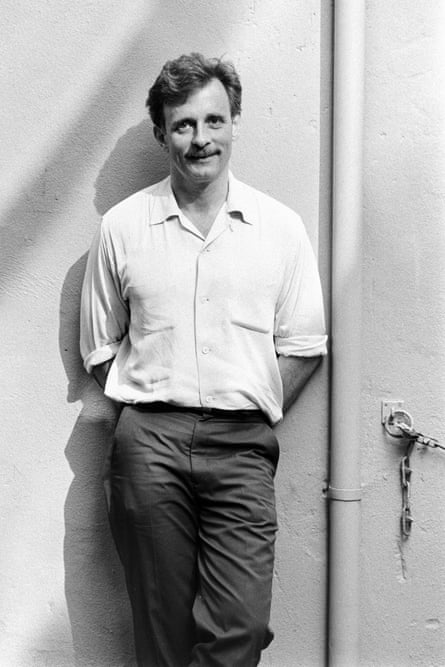
White found his tribe in 60s New York. One June evening in 1969, he and a friend came across a disturbance in Greenwich Village at a dodgy mafia-run gay bar, the Stonewall Inn. “We noticed there was a police wagon and all this brouhaha, and we stayed and watched the riots. I was such a middle-class twerp that I kept saying: ‘Come on, guys, relax! You know that you’re breaking the law?’ Before Stonewall, White writes in the book, gays had always fled from the cops for fear of being arrested and jailed, but “these Stonewall African Americans and Puerto Ricans and drag queens weren’t so easily intimidated. They were used to fighting the police.”
The Stonewall riots launched the gay liberation movement and, White writes, “inaugurated an epoch when partners of the same sex could claim, maybe for the first time in history, their common humanity, their dignity, their rights”. Gay culture went overground and the gay populations of New York and San Francisco boomed, along with several other cities White went on to explore for his riveting 1980 travelogue States of Desire: Travels in Gay America.
Then on 3 July 1981, the New York Times ran a piece with the headline: “Rare cancer seen in 41 homosexuals”. It was the first knell of Aids, a pandemic that would lay waste to those nascent gay communities and go on to kill an estimated 42 million people. White was one of five co-founders of the Gay Men’s Health Crisis, the first organisation aimed at combating Aids. “I knew I should take the whole thing seriously,” he says, “but I moved to France, partly because I wanted the party to go on, for myself at least, and then it caught up with me there too.”
White was diagnosed HIV positive in 1984. “I wasn’t surprised, but I was very gloomy,” he says. “I kind of pulled the covers over my head and thought: ‘Oh gee, I’ll be dead in a year or two.’ I did have a number of opportunistic diseases, like shingles, but it turned out that I was a slow progressor.” White’s T-cells, which fight infection, were declining, but much more gradually than those of other people with HIV, “and by the time they got dangerously low there were the new drugs, and so I survived. But I didn’t think I would.”
For White, sex and erudition have always gone hand in hand, so I have one final question. Are Guardian readers better off reading lots of books, or having lots of sex? “Well, it depends on their age,” White replies. “If they’re as old as I am, then books are a bit better. But if they’re young, they should have lots of sex.”

 3 months ago
51
3 months ago
51





